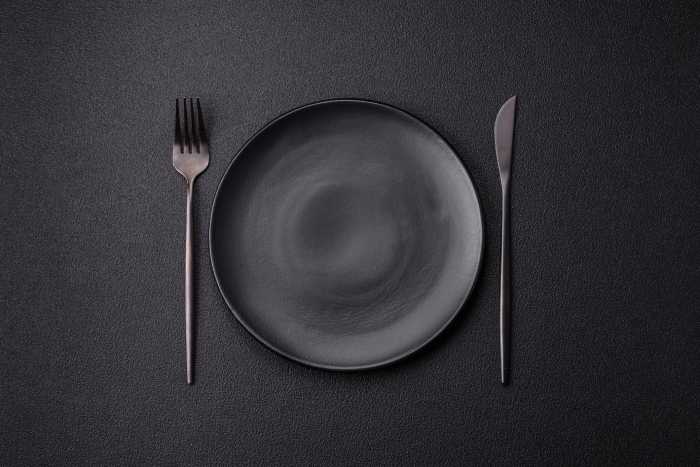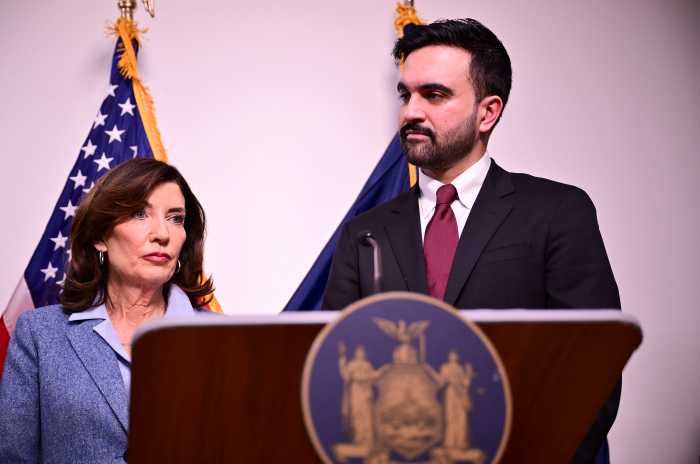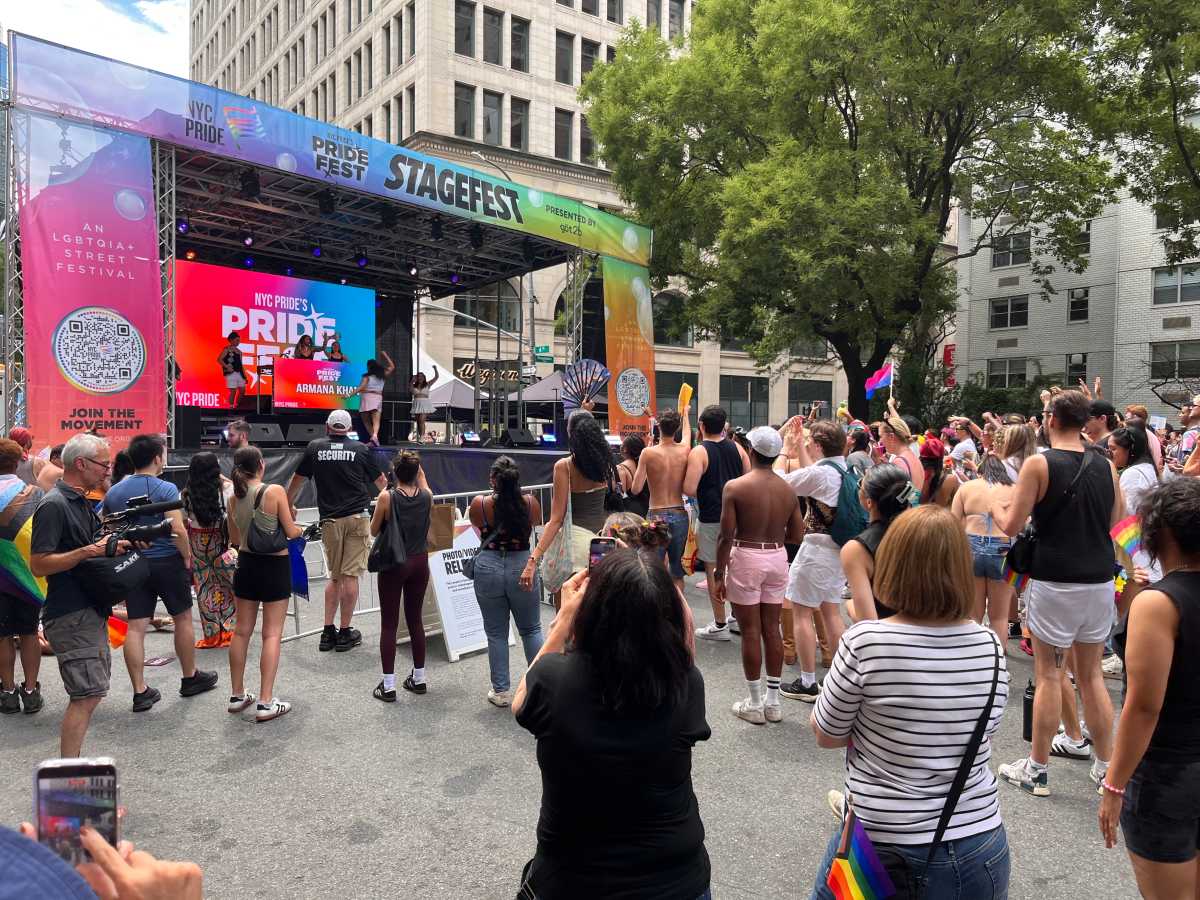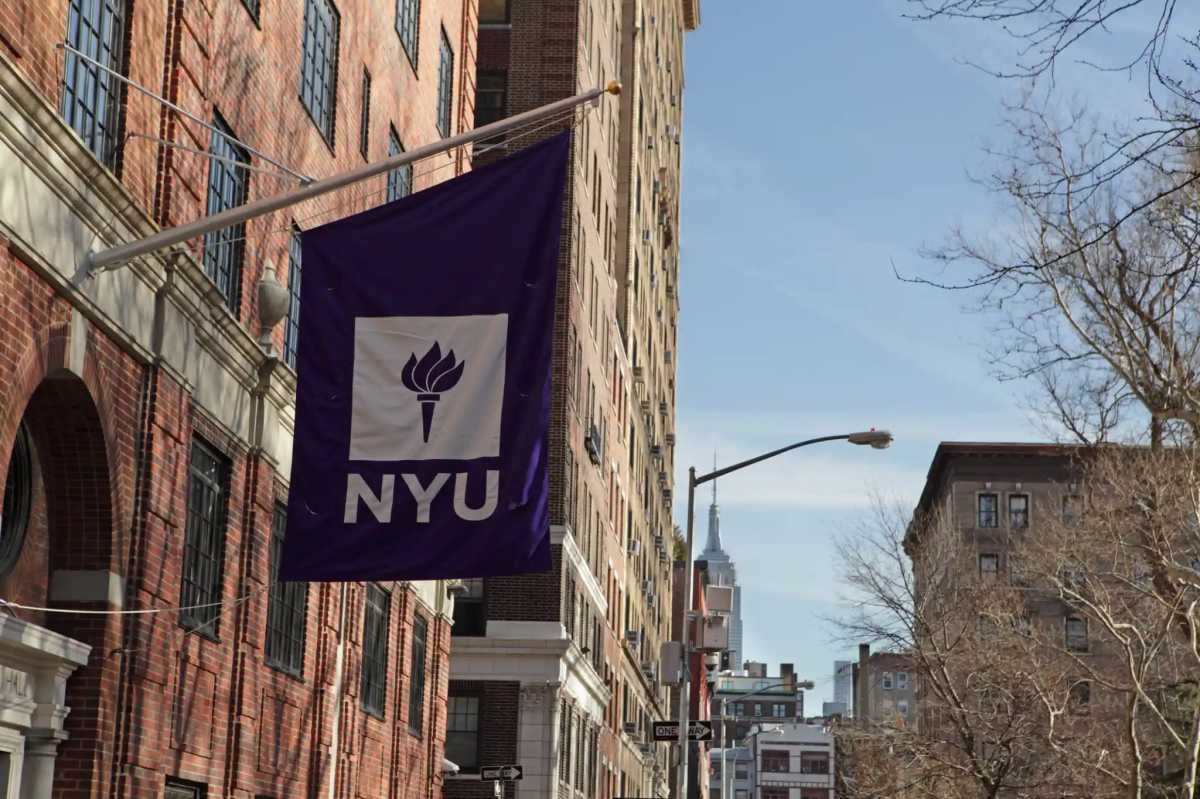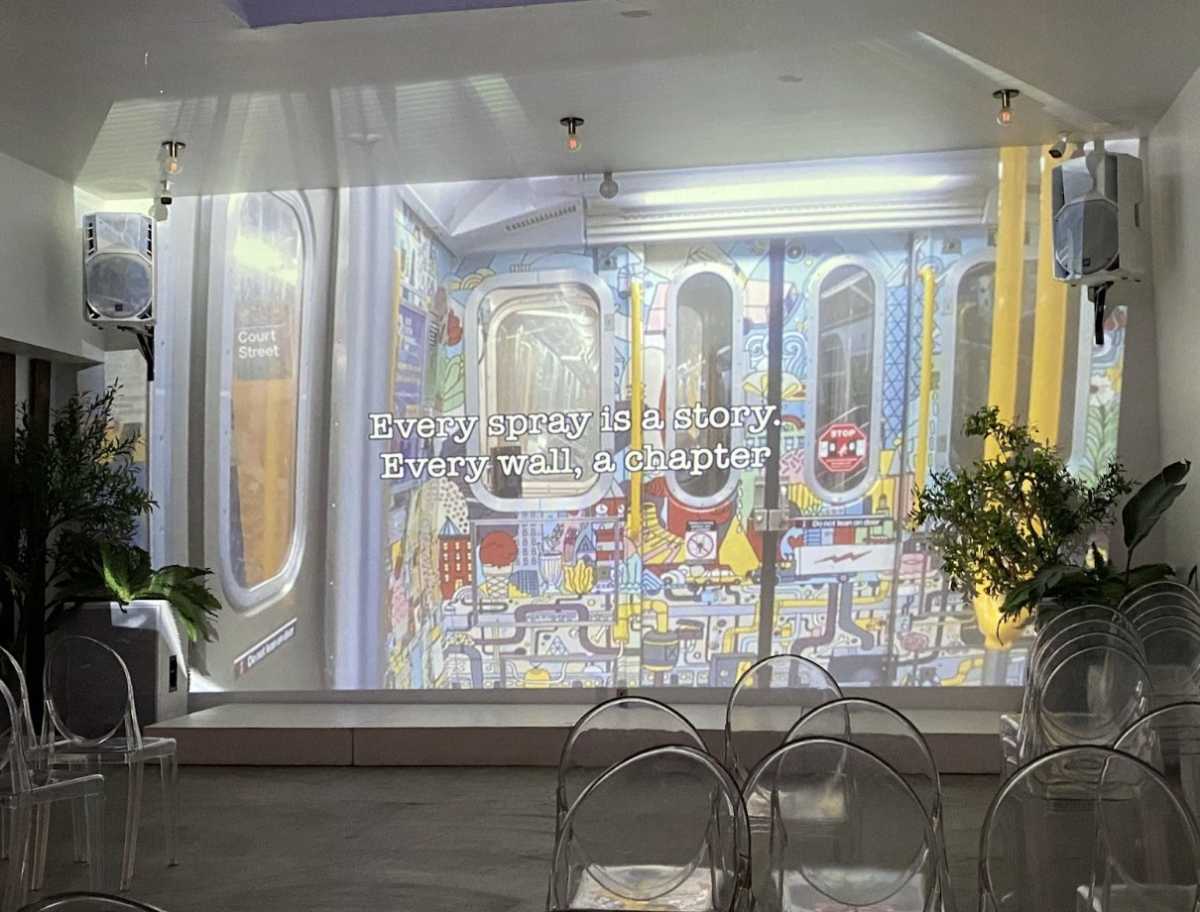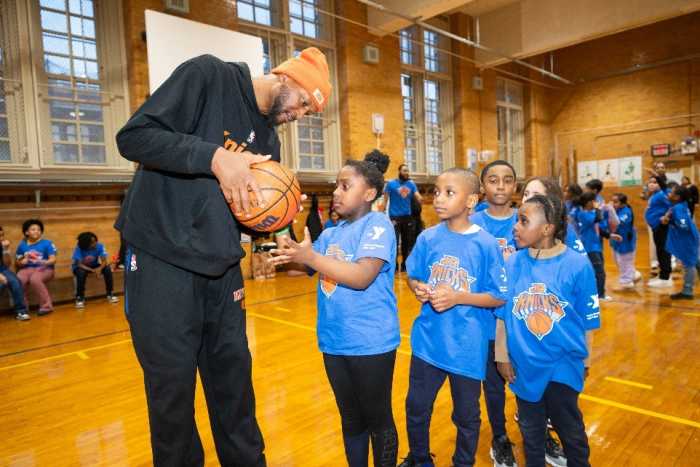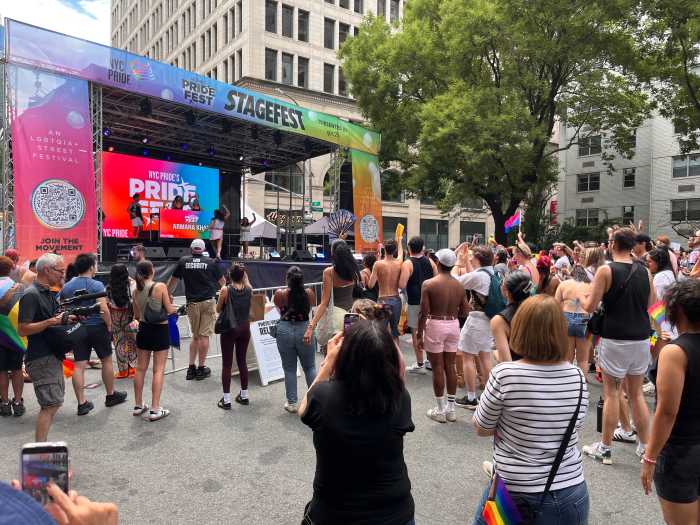
It’s not easy making a living as an artist, especially when so many people feel entitled to simply grab your work and use it without paying.
One acquaintance recently learned that one of his drawings had been used on local theater posters across the country without his permission. Another saw her work pop up on the side of garbage trucks and kiosks all around her town. A 2012 survey conducted by the Graphic Artist Guild found that more than 60 percent of creators have had their work ripped off in this way.
It’s hardly surprising that people swiping creative designs behave with impunity. Under the law, copyright infringement claims can be heard only in federal court — a hugely draining process that is time-consuming, arduous and costly.
Recently though, a beacon of hope has appeared. A bill in Congress called the Copyright Alternative in Small-Claims Enforcement Act would create a new option for small copyright holders: a small claims tribunal. While the bill has broad, bipartisan support across Congress, the effort is being led by New Yorkers including Rep. Hakeem Jeffries and Judiciary Committee Chairman Jerry Nadler.
Much like a small claims court, the tribunal would provide a low-cost, simplified process for independent creators with small copyright claims. The available cash awards would be limited, which is fine, because creators just want a fair shake.
The CASE Act wouldn’t just provide small copyright holders with an avenue to pursue small claims. It also would create a powerful disincentive to infringe copyrights in the first place, and an incentive for people who do so to respond when an artist contacts them. If you’re a creator or friend of the creative community, please urge your elected officials in the House and Senate to support the CASE Act.
By giving creators an alternate, affordable way to redress infringements, the CASE Act would make our copyright system work for all of us. Beyond that, it would restore a measure of respect for individual creators — for their labor, their creativity and their value as contributors to our economy.
Rebecca Blake is a graphic designer for a small design firm in Manhattan. She also serves as the advocacy liaison for the Graphic Artists Guild, a trade association.





